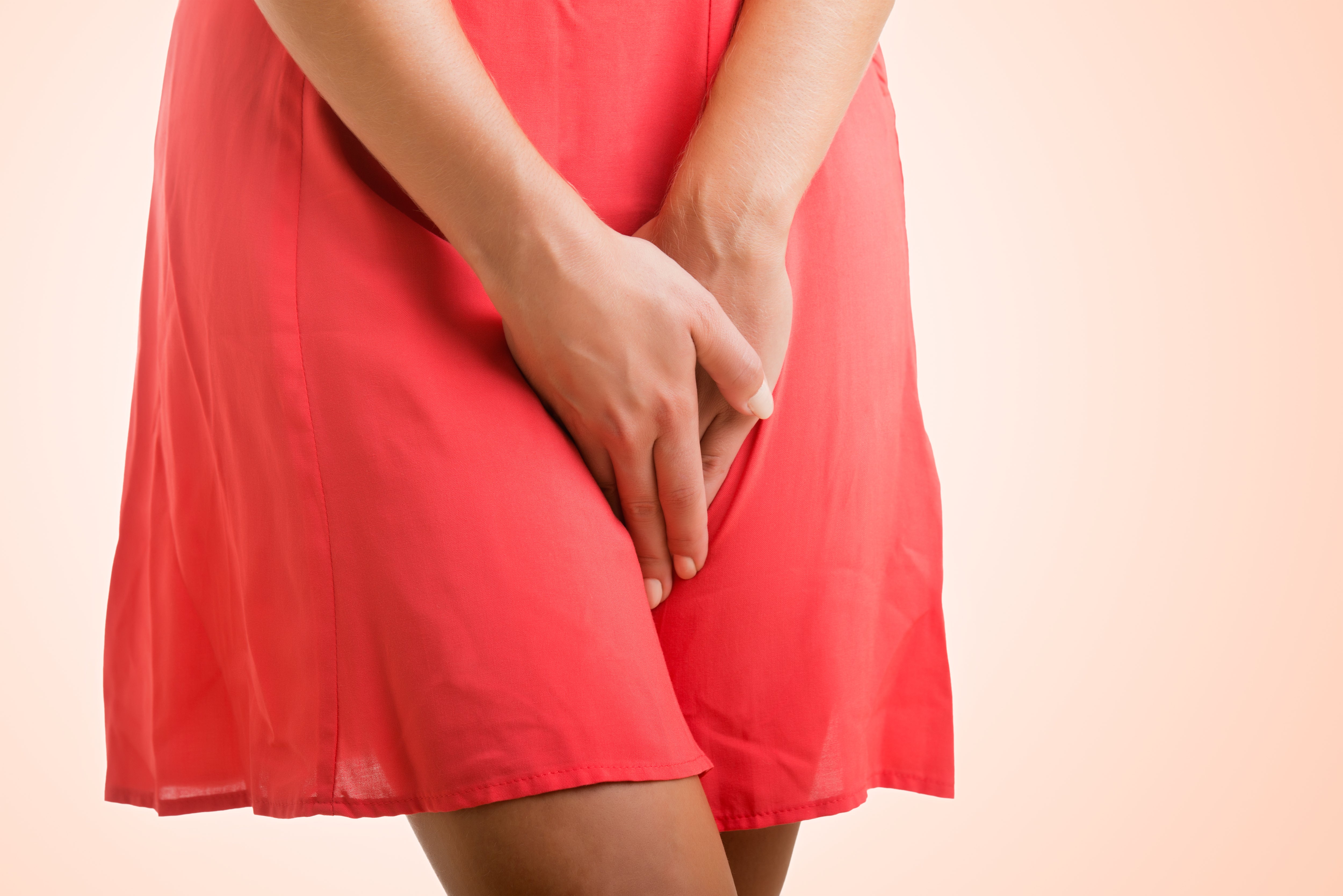What You Gotta Know When You Gotta Go
Among the embarrassing and annoying problems that sometimes follow a hysterectomy is urinary incontinence—the inability to control the release of urine. If you are struggling with this issue, you may be happy to know that you are not alone. Far from it! Over 13 million women in the United States suffer from some sort of urinary incontinence, and many of those (about twice as many) are women who have had a hysterectomy.
There are three main types of incontinence:
Stress: leakage caused by laughing, causing, sneezing, etc.
Urge: sudden strong urges most likely caused by spasms
Overflow: constant dribbling caused by inability to empty bladder
Stress and urge incontinence may also mix together at times.
What causes it?
There are a number of different causes of urinary incontinence. Urge incontinence is generally attributed to neurological issues that cause the spasms. Overflow incontinence is usually caused by a urethral blockage. Stress incontinence, however, is caused by a weakened pelvic floor, which can be caused by hysterectomy, menopause, and/or the general effects of aging—all risk factors for HysterSisters.
How is it diagnosed?
If you have incontinence, you will probably be the first to know. The next step is to equip yourself with a symptom diary and see your doctor. The simplest form of testing is a cough test for stress incontinence. Advanced testing could include ultrasound or cystometry (measuring bladder pressure).
How do I prevent it?
The best way to prevent incontinence is to strengthen the pelvic floor by
- Maintaining a healthy weight.
- Exercising to keep the pelvic floor strong and flexible (Kegels, yoga, Pilates).
- Quitting smoking.
How do I live with it?
Living with incontinence is doable and bearable with careful planning. First of all, you’ll want to start planning bathroom trips. If know you are going to be away from a bathroom for a while, go beforehand. Whenever you go somewhere, be sure to locate the bathrooms first (this can be done discreetly). Secondly, limit water and caffeine intake—both of these will go straight through you. And last, but not least, take extra precaution and wear a pad. This is probably the last thing you want to do after finally bidding farewell to your period, but it is better than the messy, and possibly embarrassing, alternative.
Can it be treated?
There is a wide assortment of treatments available to treat urinary incontinence. These treatments range from therapeutic, to medicinal, to surgical. Talk to your doctor about your options, and always start with the minimum and work your way up as needed.
This content was written by staff of HysterSisters.com by non-medical professionals based on discussions, resources and input from other patients for the purpose of patient-to-patient support. Reprinted with permission: What You Gotta Know When You Gotta Go
ruigsantos/Shutterstock.com







